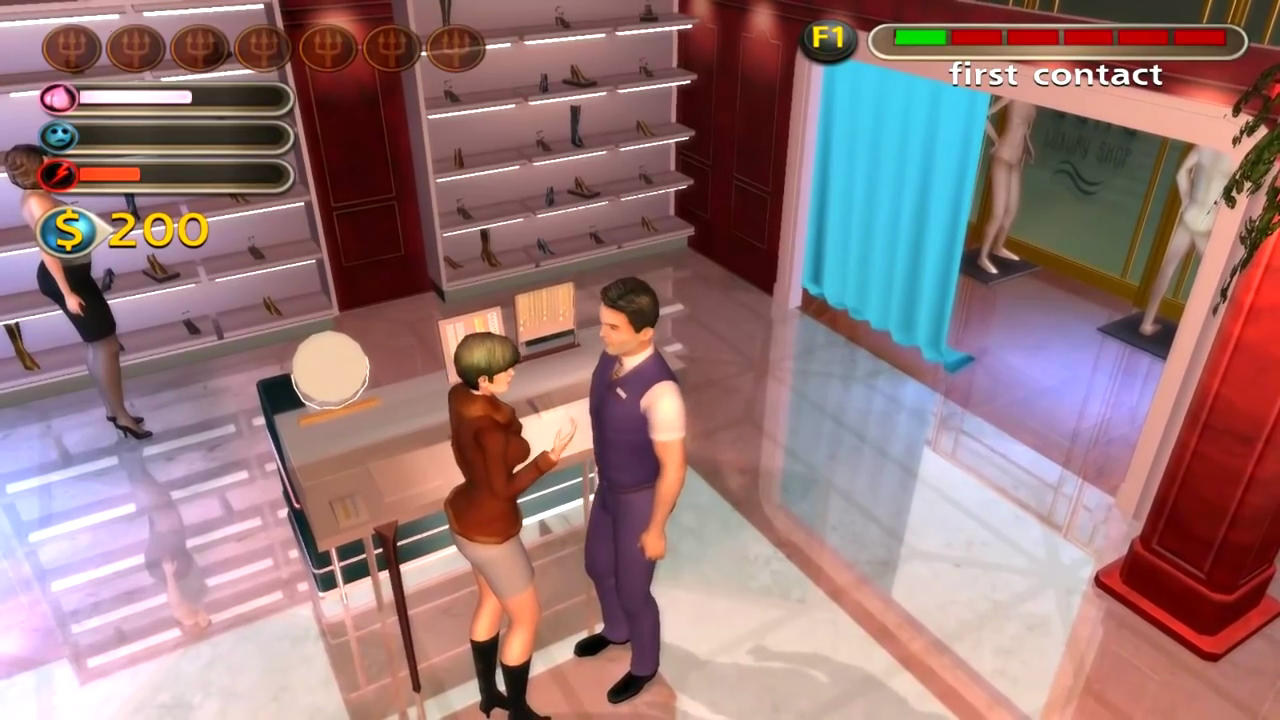
In Virginia, this is called a Petition for a Rule to Show Cause. When one party violates a previous order from a Virginia court, the other party has the opportunity to petition the court for enforcement of the order. YOU SHOULD CONSULT A LICENSED ATTORNEY IN YOUR JURISDICTION BEFORE RELYING ON ANY OF THE INFORMATION CONTAINED ON THESE PAGES.A question I frequently receive from family law clients or potential clients is: “the other party has violated our court order-so what can I do about it?” ***DISCLAIMER: THE MATERIAL AND INFORMATION CONTAINED IN THIS POST, ON ANY PAGES ON THIS WEBSITE, AND ON ANY PAGES LINKED FROM THESE PAGES, ARE FOR GENERAL INFORMATION ONLY AND NOT LEGAL ADVICE. (i) commits larceny from the person of another of money or other thing of value of $5 or more, (ii) commits simple larceny not from the person of another of goods and chattels of the value of $200 or more, or (iii) commits simple larceny not from the person of another of any firearm, regardless of the firearm’s value, shall be guilty of grand larceny, punishable by imprisonment in a state correctional facility for not less than one nor more than twenty years or, in the discretion of the jury or court trying the case without a jury, be confined in jail for a period not exceeding twelve months or fined not more than $2,500, either or both. Restitution (money paid to a victim to replace a monetary loss) is usually required as part of the penalty. It is punished with up to 20 years in prison and a fine up to $2,500.
Code of va 18.2 456 code#
Code §18.2-95(iii) states that the larceny of a firearm, regardless of its value, is considered Grand Larceny in Virginia.įor more information on a Larceny of a Firearm charge in Virginia, click here. Larceny of a Firearm is Considered Grand Larceny in Virginia It can be charged as a felony if the value of the property or money embezzled is more than $1,000.įor more information on Embezzlement charges in Virginia, click here. Embezzlement is charged as a misdemeanor if the value of the property or the money embezzled is less than $1,000. An Embezzlement charge generally results from money or property taken in the course of employment.

In Virginia, Embezzlement occurs when a person wrongfully takes money or property that was entrusted to him or her. Receiving Stolen Property is considered Grand Larceny in Virginia if the value of the goods taken is $1,000 or more.įor more information on Receiving Stolen Property charges in Virginia, click here. If the value of the stolen goods is less than $1,000, the offense is a misdemeanor and punished as a Petty Larceny charge. Code §18.2-108 makes the receipt of stolen property a larceny. If the items are worth more than $1,000, the shoplifting will be charged as Grand Larceny.įor more information on Shoplifting charges in Virginia, click here. If the items taken are less than $1,000, the offense is Petty Larceny. It is charged as Petty Larceny or Grand larceny, depending on the value of the items taken. Shoplifting can be charged in Virginia if the offender conceals goods, alters the price tag on a store item, transfers goods from one container to another, or aids or assists another person in committing those acts. Code §18.2-103) is a form of Larceny in Virginia. There are a number of different offenses in Virginia that can be considered Grand Larceny. Intent to Permanently Deprive Owner of Property: This intent must exist at the time the offender took the property. Without Consent: The Commonwealth must prove that the owner did not give consent to the offender to take his or her property for a Grand Larceny conviction in Virginia. Generally, the value is what the item is worth at the time of the taking. Value: To convict on a charge of Grand Larceny in Virginia, the Commonwealth must also prove the value of the item allegedly taken.


In Virginia, this is accomplished when the offender exerts dominion or control over the property.

Took an Item: For purposes of a Grand Larceny in Virginia, the Commonwealth must prove that the offender actually took the item. intending to permanently deprive the owner of his or her property.whose value exceeds $5 (if taken from the person) or $1,000 (if not taken from the person).A Virginia Grand Larceny Charge is a Felony


 0 kommentar(er)
0 kommentar(er)
